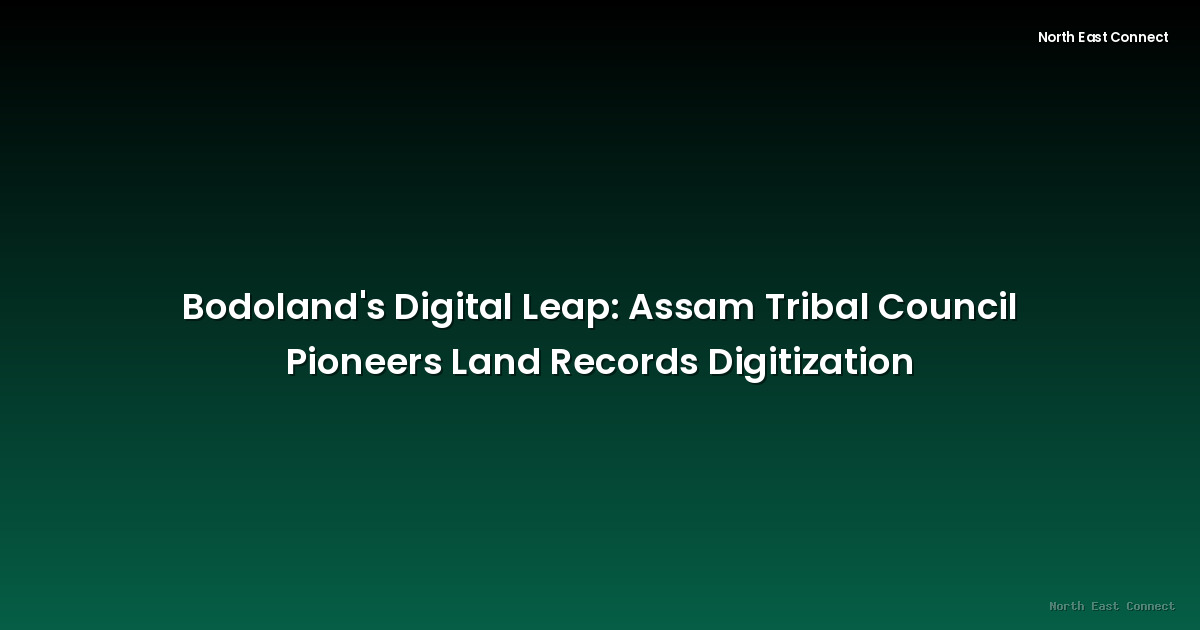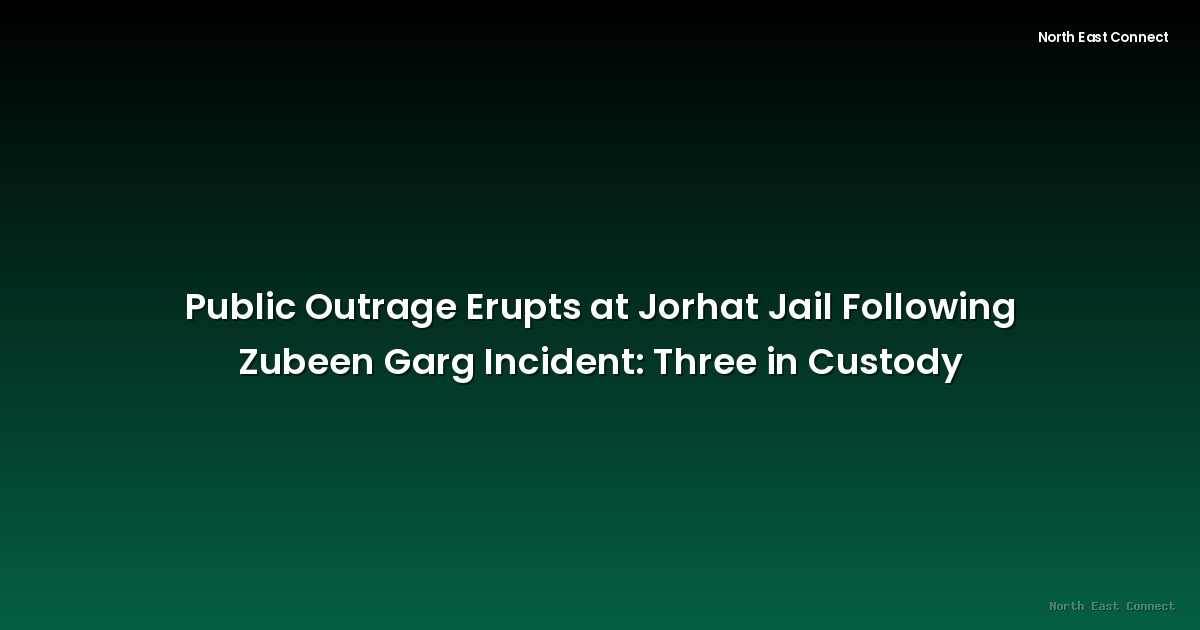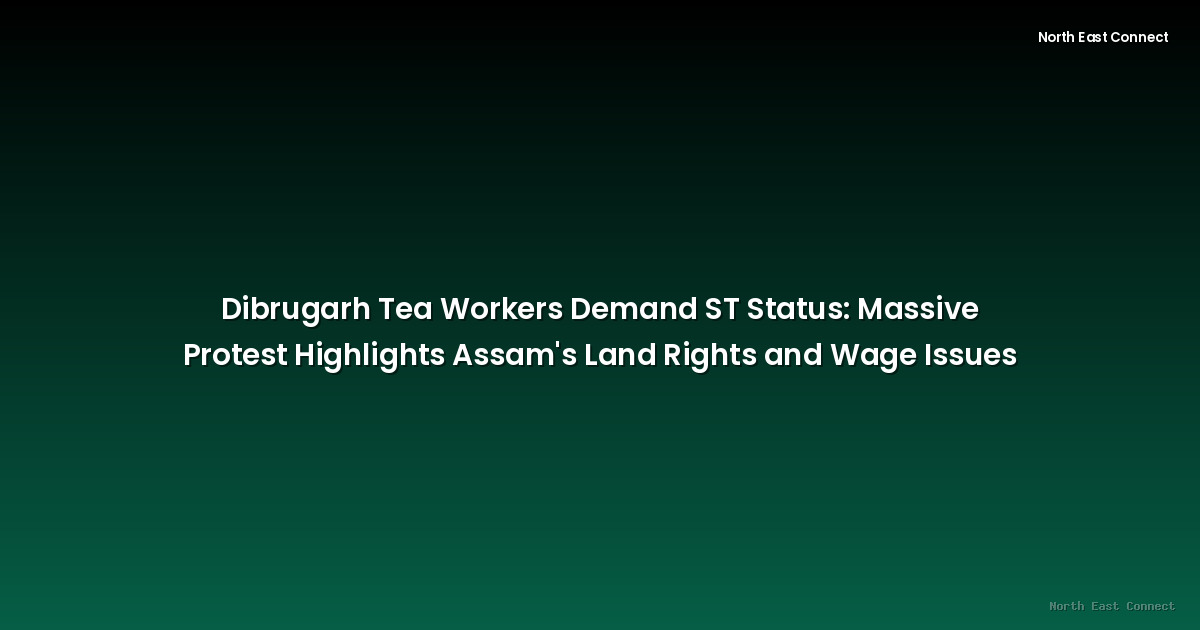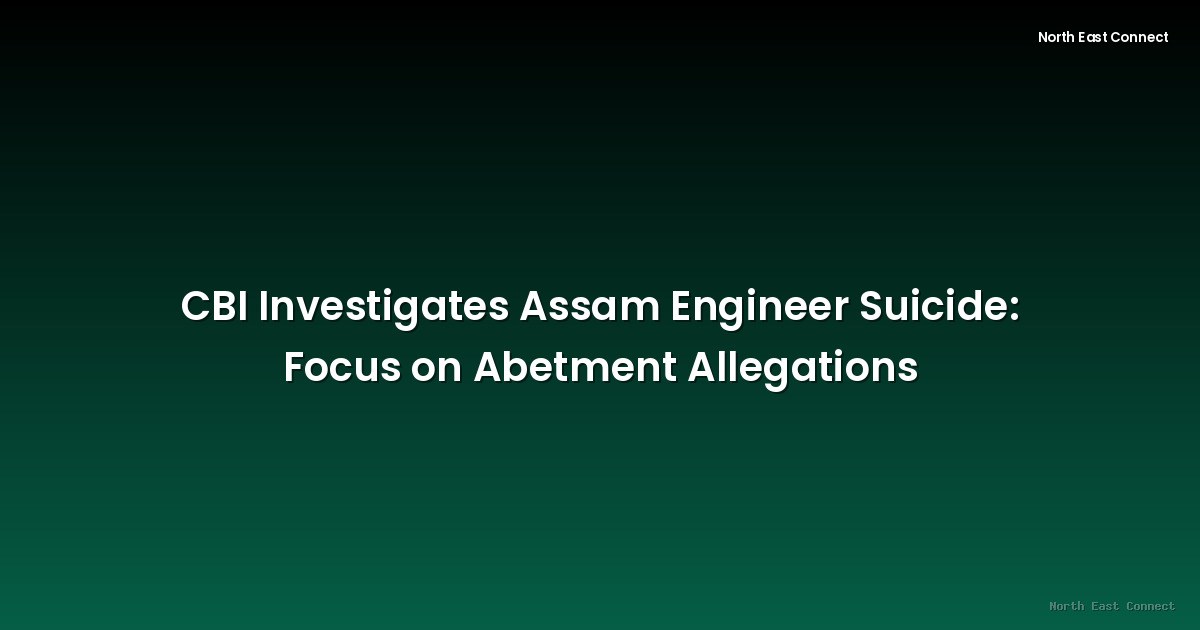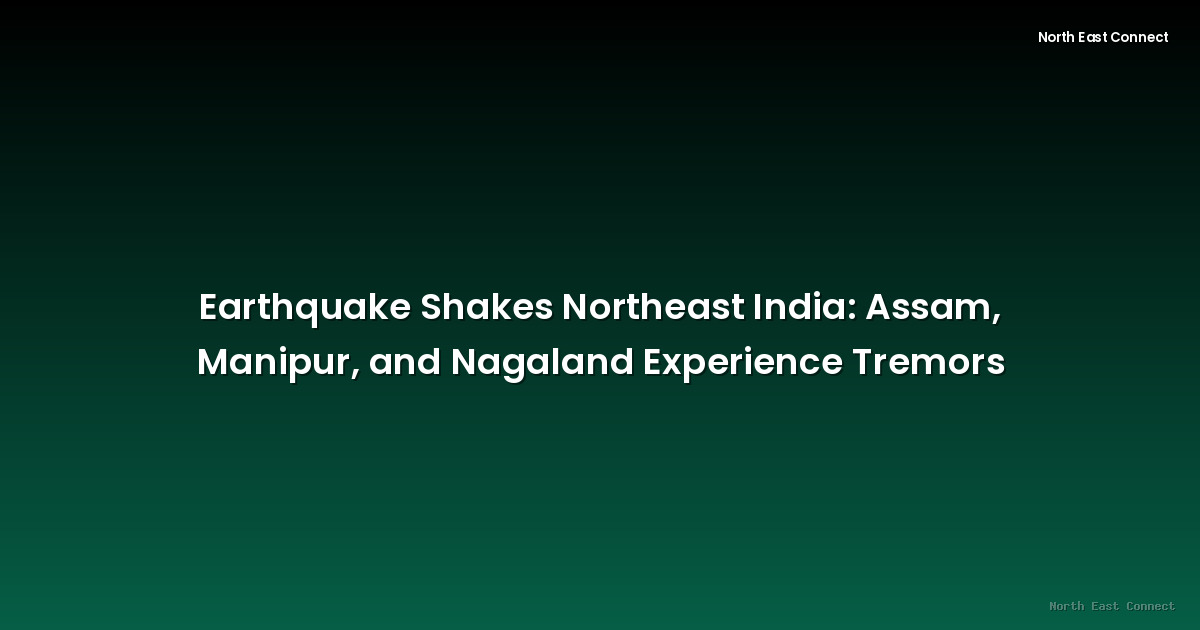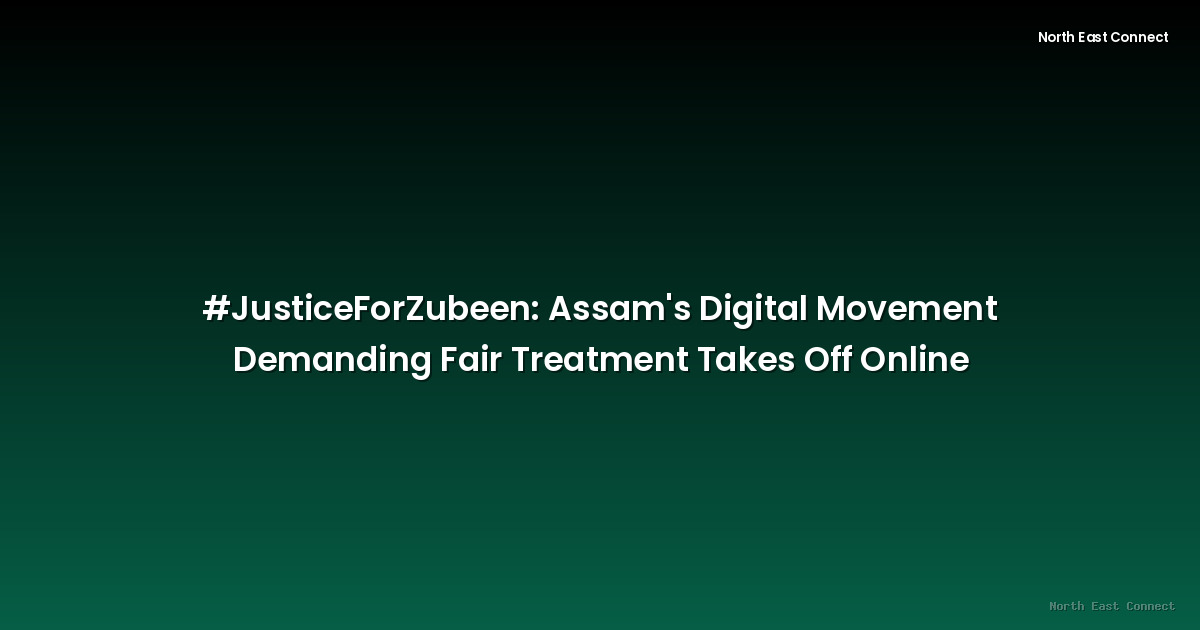2025-09-04 · News
Assam's Bodoland Territorial Region (BTR) has achieved a significant milestone in governance and land administration. The BTR has become the first tribal council in India to successfully digitize all its land records. This comprehensive digitalization project promises to bring numerous benefits to the region's inhabitants and signifies a progressive approach to managing land resources within tribal communities.
The digitization initiative involved the meticulous scanning and uploading of all existing land records onto a secure, centralized digital database. This process ensured the preservation of historical data while enhancing accessibility and transparency. Previously, land records were primarily maintained in physical form, often leading to difficulties in accessing information, inconsistencies, and potential disputes. The digital platform now addresses these challenges by offering a streamlined and efficient system.
The new system facilitates easier access to land records for citizens. Previously, navigating the complex process of obtaining land-related documents could be time-consuming and cumbersome. The digital platform simplifies this process, allowing individuals to access their records online or through designated access points within the BTR. This improved access contributes to greater transparency and accountability in land transactions and administration.
Beyond individual benefits, the digitalization of land records holds significant implications for the overall governance of the BTR. The centralized database allows for better management of land resources, facilitating informed decision-making related to land allocation, development projects, and environmental conservation. Data analysis from the digitized records can contribute to improved planning and resource allocation.
This digital leap by the BTR serves as a potential model for other tribal councils and regions across India grappling with similar challenges in land record management. The success of the BTR's initiative highlights the transformative power of technology in enhancing governance and citizen services, especially in geographically diverse and traditionally less-accessible areas. The project's implementation and successful outcome underscore the BTR's commitment to modernization and the improvement of its administrative efficiency. It also demonstrates the positive impact that well-planned technology integration can have on improving transparency and access to vital information for citizens.
The long-term effects of this initiative are expected to include reduced instances of land disputes, enhanced security of land ownership rights, and improved overall land governance. Furthermore, the streamlined access to information promotes greater efficiency in administrative processes, potentially leading to faster resolution of land-related issues and facilitating economic development.
The BTR's achievement in digitizing its land records represents a significant step forward in improving governance and service delivery within tribal communities in India. It underscores the potential of technology to overcome challenges in accessing vital information and empowers citizens through greater transparency and efficiency in land administration. The success of this project could serve as a catalyst for similar initiatives across the country, promoting improved land management practices and economic development in other tribal regions. The project also provides valuable insights into the integration of technology into traditional governance structures, offering a case study for other regions seeking to improve their land record systems.

